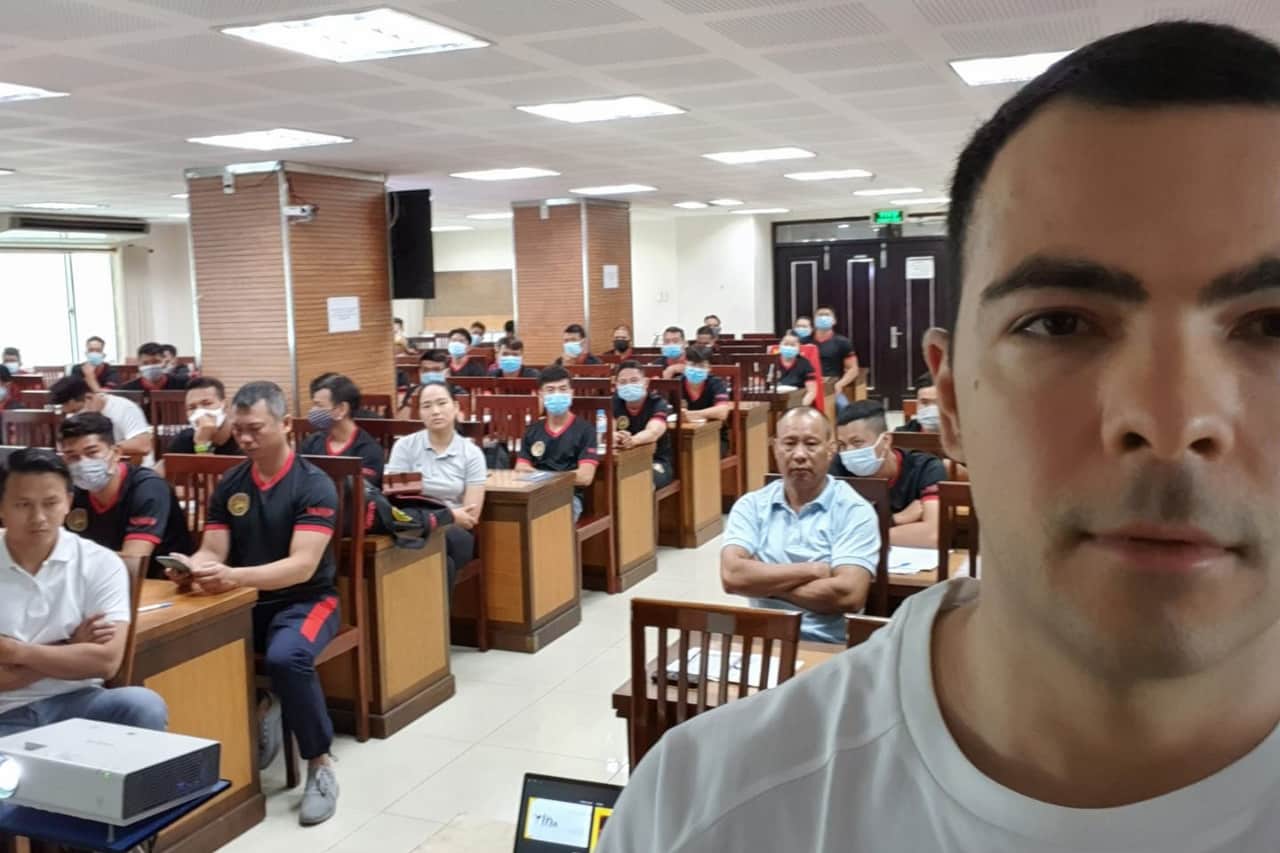

The GNA in Ankara was recognized as the legitimate Turkish government, which signed the Treaty of Lausanne (July 1923), a treaty more favorable to Turkey than the Sèvres Treaty. The war effectively ended with the recapture of İzmir and the Chanak Crisis, prompting the signing of another armistice in Mudanya. The Turks checked the advance in the Battle of Sakarya and counter-attacked in the Great Offensive, which expelled Greek forces from Anatolia in the span of three weeks. The Greek army emerged victorious in the Battle of Kütahya-Eskişehir and decided to drive on the nationalist capital of Ankara, stretching their supply lines. However İsmet Pasha's organization of Kuva-yi Milliye militia into a regular army paid off when Ankara forces fought the Greeks in the Battles of First and Second İnönü. The Western Front of the independence war was known as the Greco-Turkish War, in which Greek forces at first encountered unorganized resistance. In the ensuing war, irregular militia known as Kuva-yi Milliye defeated the French forces in the south, and undemobilized units led by Kazım Karabekir Pasha went on to partition Armenia with Bolshevik forces, resulting in the Treaty of Kars (October 1921). The Allied powers meanwhile pressured the Ottoman government into suspending the Constitution, shuttering the Chamber of Deputies, and signing the Treaty of Sèvres, a treaty unfavorable to Turkish interests that the " Ankara government" declared illegal. Many different national congresses banded together which led to the establishment of the Grand National Assembly (GNA) in Ankara, a counter government led by Mustafa Kemal made up of remaining elements of the Committee of Union and Progress. In an attempt to establish control over the power vacuum in Anatolia, the Allies persuaded Greek Prime Minister Eleftherios Venizelos to launch an expeditionary force into Anatolia and occupy Smyrna (İzmir), beginning the Turkish War of Independence. This crisis reached a head when Sultan Mehmed VI dispatched Mustafa Kemal (Atatürk) Pasha, a well-respected and high-ranking general, to Anatolia to restore order however, Mustafa Kemal became an enabler and eventually leader of Turkish nationalist resistance against the Ottoman government, Allied powers, and Christian minorities.

Ottoman military commanders therefore refused orders from both the Allies and the Ottoman government to surrender and disband their forces. While World War I ended for the Ottoman Empire with the Armistice of Mudros, the Allied Powers continued occupying and seizing land. These campaigns resulted in the creation of the Republic of Turkey. Simultaneously, the Turkish nationalist movement carried out massacres and deportations in order to eliminate native Christian populations-a continuation of the Armenian genocide and other ethnic cleansing operations during World War I. These campaigns were directed against Greece in the west, Armenia in the east, France in the south, loyalists and separatists in various cities, and British and Ottoman troops around Constantinople (İstanbul).
#TURKISH VICTORY DAY SERIES#
The Turkish War of Independence ( – 24 July 1923) was a series of military campaigns waged by the Turkish National Movement after parts of the Ottoman Empire were occupied and partitioned following its defeat in World War I. Revolutions and interventions in Hungary.Conscription disturbance at the Brisbane School of Arts.5,362 died of wounds or other non-combat causes Ħ0,000–250,000 Armenian civilians killed ġ5,000+ Turkish civilians killed in the Western Front ģ0,000+ buildings and 250+ villages burnt to the ground by the Hellenic Army and Greek/Armenian rebels.


 0 kommentar(er)
0 kommentar(er)
